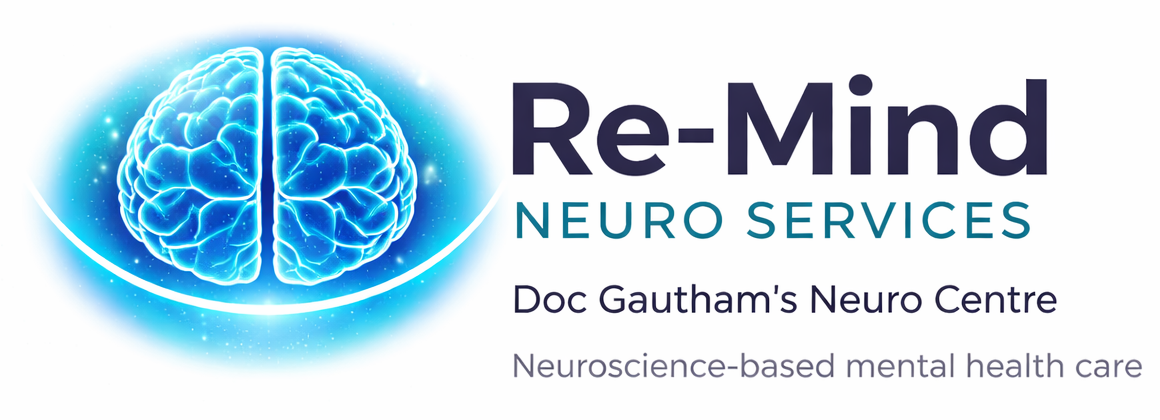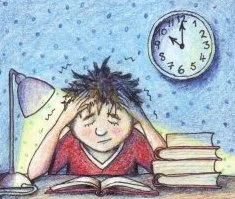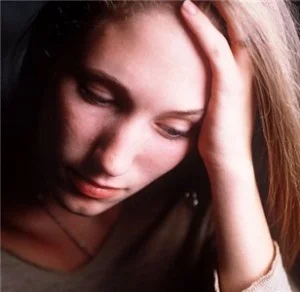Fear is a very normal emotion, but it is also an essential emotion. To be totally without fear is to be in serious danger. Fear is an essential defense mechanism.
A phobia is an unreasonable and overwhelming fear of an object or situation that poses little real danger, causes intense physical and psychological distress, and affects the ability to function normally at work or in social settings.
Are you just afraid? Or do you have a phobia? Click to find out.
Brain chemicals, genetics and traumatic experiences appear to influence the development of phobias. Phobias are linked to the amygdala, almond shaped areas in the brain that trigger secretion of hormones that affect fear and aggression.These chemicals produce the following reactions:
- A feeling of uncontrollable anxiety when exposed to the source of fear
- Physical reactions, such as sweating, rapid heartbeat, difficulty breathing,
- Psychological reactions such as a feeling of panic, fear of death or going mad and intense anxiety
Phobias run in families. Phobias usually develops early in life. Specific phobias having to do with the environment or personal injury first appear in childhood, as early as age 5. Social phobias most often develop between the ages of 11 and 15. Situational phobias, such as fear of tunnels, elevators, bridges, flying, driving etc usually develop by the mid-20s.
Phobias lead to other problems including: Financial, professional and interpersonal problem, Depression, or alcohol or other drugs abuse to deal with the fear.
Treatment:
Children may outgrow simple phobias, but most adults don’t get better on their own and require some treatment. Phobic disorders tend to be chronic, with a frequent recurrence of symptoms that are often resistant to therapeutic measures. Sometimes phobias may be part of other psychiatric illnesses like anxiety, depression, schizophrenia etc. which need to ruled out by a mental health professional.
The goal of phobia treatment is to reduce anxiety and fear and to help the person to manage reactions to the object or situation that causes them. Treatment includes a combination of medicines and Cognitive Therapy.
Medication helps to control acute anxiety and avoidance behavior in phobic situations and help to calm down the person and be more receptive to psychotherapy. Medication is especially indicated in agoraphobia with panic attacks.
Psychotherapy is useful to uncover and analize unconscious conflicts and go back to their origins, so that the person learns to handle his or her fear related conflict in positive way.
Cognitive Therapy involves challenging the fear combined with initial training in ‘relaxation techniques’ followed by a program of ‘systematic desensitization’ to the feared object or situation in a graded serial manner, repeatedly in imagination till he/she learns to overcome the fear.
Other behavior therapy techniques include ‘flooding’ in which the patient is exposed forcefully into the phobic situation until he no longer fears it anymore, and ‘modeling’ in which the phobic person observes another person being in the feared situation without fear, so that he or she learns to cope through the ‘model’.
It is important that the family and significant others encourages the person for the efforts/success and not make fun. Phobias are best treated in the early stages and thus should be tackled as soon as it starts.
Phobias can be divided into these main groups :—
- Fears of situation, such as being on the top of a high building, in a confined space, at school at work (Agoraphobia and Claustrophobia).
- Social Phobias, or fear of social situations.
- Fear of a specific illness, of dying or death.
- Fears of specific objects (Simple phobia), such as mice, cats, snakes, numbers etc.
Symptoms of Phobias
Specific phobias: There are many specific phobias.Some common ones are:
- fear of enclosed spaces (claustrophobia);
- animals, particularly spiders, snakes or mice;
- heights (acrophobia);
- flying (pterygophobia);
- water (hydrophobia)
Social phobia:
- excessive self-consciousness,
- fear of public scrutiny or humiliation in common social situations,
- fear of negative evaluation by others.
Fear of open spaces (agoraphobia):
- a generalized fear of leaving home or a small familiar ‘safe’ area,
- Fear of possible panic attacks that might follow leaving home
- fear of social spaces such as a mall, an elevator or a room full of people
- fear of social embarrassment (social agoraphobia),
- fear of contamination (fear of germs)
Phobias are characterized by the arousal in the patient of severe anxiety, often mounting to panic, in circumstances specific to each person — circumstances that do not in reality warrant the emotional reactions evoked. The syndrome’s degree of severity and the incapacity resulting from it depend on the practical significance for the patient of the phobic circumstances.


